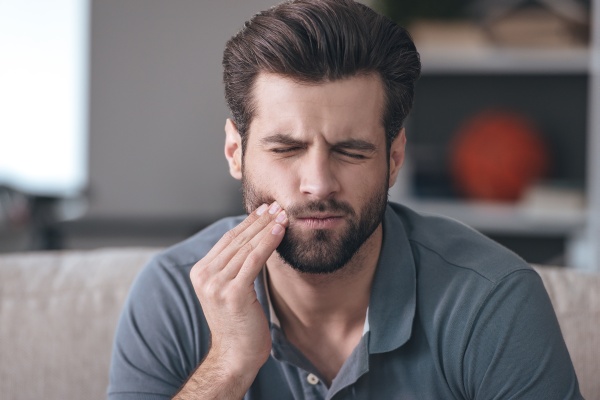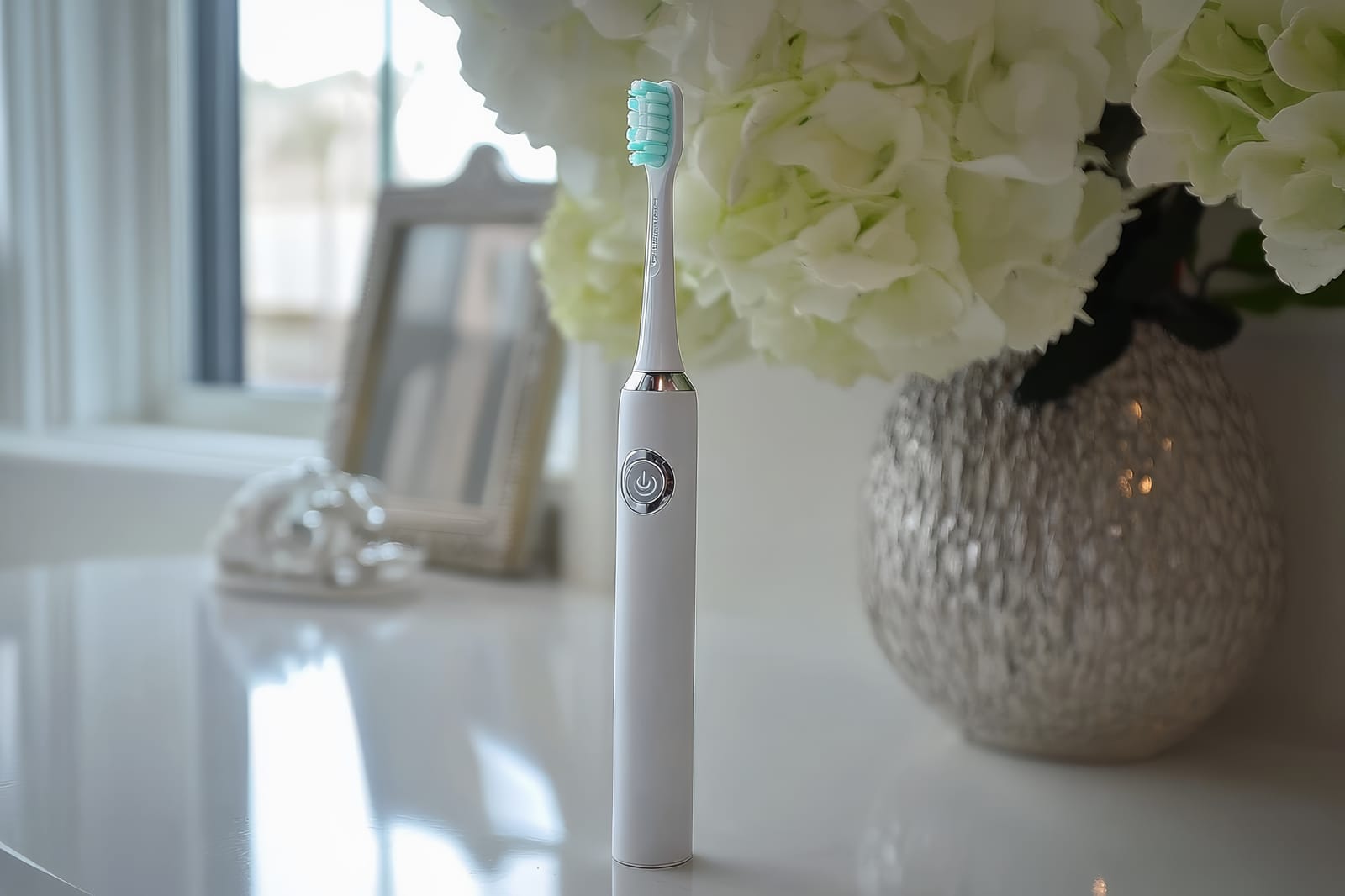Dental Sedation and Dental Anxiety

Visiting the dentist can be unnerving at times, especially for those who are in pain and suffer from dental anxiety. This condition can make dental appointments a time of extreme unease and fear for individuals who experience it. Learning about what might cause this type of phobia and how dental sedation can ease it may help people who fear cleanings, device fittings and other orthodontic procedures.
Causes of dental anxiety
While some people make it a point to visit a dentist annually for a cleaning and routine checkup, others may delay these appointments because of the anxiety they can cause. The degree of anxiety can vary from person to person and may stem from many reasons, including
- A past dental trauma
- Fear of drills and other dental implements
- A pre-existing mental illness, such as depression or severe anxiety disorder
These issues may cause those who suffer from them to delay dental treatment, which might make matters worse. Sedation could be a viable solution for these individuals, especially for those who experience moderate to extreme anxiety before and during the appointment.
About dental sedation
Patients who experience dental anxiety may benefit from sedation to ease the issue. This is sometimes known as twilight dentistry because the sedative leaves individuals conscious and able to respond to questions and guided actions but puts them in a sleepy, relaxed condition during the procedure. Sedation is typically delivered intravenously and may leave patients feeling drowsy afterward. Those interested in this type of dentistry may have to find a clinic that specifically offers sedation, as not all dentists have experience with it.
The benefits of sedation
Dental sedation can benefit patients and dentists alike. Those undergoing a procedure, such as having a tooth pulled or a root canal, can feel relaxed and less fearful while in the chair, which may make it easier for dentists to perform a job. Patients who feel extreme anxiety may react emotionally with either tears or anger, and sedation can reduce these emotions. Most patients who undergo this type of dentistry recover from sedation easily and with few side effects; however, since drowsiness may occur, it may be wise to have a friend or family member on hand to drive the patient home.
Choosing dental sedation
Those considering the use of sedation during a dental procedure may want to discuss the procedure with a clinic to learn whether it is the best choice for the type of work needed. For example, if tooth extraction and treatment of inflamed gums are necessary, sedation may be useful for keeping a patient quiet and relaxed for a long period while the dentist need not worry about anxiety symptoms preventing him or her from performing the job efficiently. Patients may want to keep in mind that dental sedation can affect everyone differently and discussing medical history with a dental professional may help them make the best choice possible.
Conclusion
Dental anxiety can have a detrimental effect on those who experience it and cause them to delay important oral care. Sedation may be a useful tool for easing these feelings and allowing affected patients complete access to dental treatment.
Request an appointment here: https://www.stgeorgedentalcare.com or call St. George Dental Care at (435) 628-9099 for an appointment in our St George office.
Check out what others are saying about our services on Yelp: Read our Yelp reviews.
Recent Posts
Having a sensitive sense of smell can be both a blessing and a curse, as nothing disrupts personal comfort more than an unpleasant odor emanating from your mouth. A common concern for dental patients is the distinct and often embarrassing "rotten tooth smell." Understanding its causes, implications, and the appropriate remedies is crucial for maintaining…
Brushing your teeth is essential for maintaining a healthy, beautiful smile, and using an electric toothbrush takes oral hygiene to the next level. At St. George Dental Care, located in St. George, UT, we're passionate about helping our patients maintain optimal oral health through modern dental practices and expert advice. Electric toothbrushes are revolutionizing dental…
When it comes to maintaining your dental health, understanding the professionals who provide care can make all the difference in your experience. The terms "dentist surgeon" and "dentist" are often used, but many people don't fully grasp the distinctions between them. Are their education, scope of practice, and services they provide the same? Which should…
Does the thought of sitting in a dentist's chair make your palms sweaty? You're not alone. Dental anxiety is something millions of people experience, but we at St. George Dental Care believe visiting the dentist doesn't have to be nerve-wracking. That's why our focus goes beyond just cleanings and checkups—we strive to make you feel…


